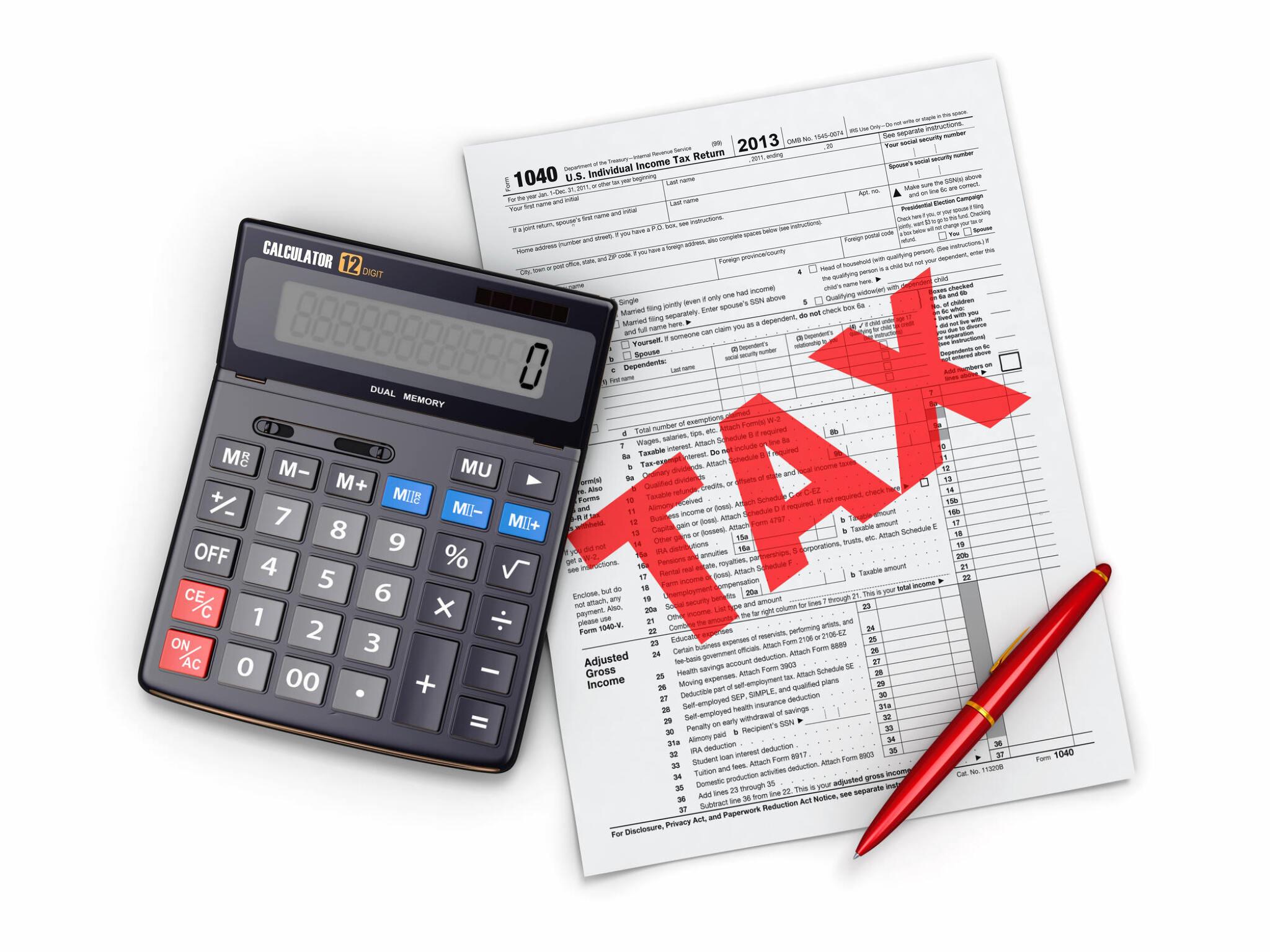
If you’re reading this, you’re probably in one of three boats:
- You just got your first job and are wondering what to do with that W-2 form.
- You started a side hustle and have no idea how to report your earnings.
- You’re finally taking the plunge and filing your own taxes for the first time, instead of relying on your parents.
No matter which boat you’re in, one thing’s for sure: taxes can be confusing. The jargon, the forms, the deadlines – it’s enough to make anyone’s head spin.
Let’s break it down in a way that won’t make your head spin.
Understanding the Basics
Taxes are a part of life, an inevitable one at that, but understanding them doesn’t have to be rocket science or require a PhD.
Simply put, taxes are your contribution to the government, which uses that money to fund important things like roads, schools, hospitals, and national defense. In other words, you’re paying your fair share to support the common good.
Different Types of Taxes
There are all sorts of taxes out there, but the three main ones you’ll encounter are:
- Income tax: This is the tax you pay on your earnings, whether it’s from a salary, wages, or self-employment income.
- Sales tax: This is the tax you pay on most goods and services you buy. The exact rate varies depending on your state and locality.
- Property tax: This is the tax you pay on your home or other real estate.
Filing Status and Deductions
Your filing status is basically your relationship status when it comes to taxes and can affect your tax bill. It can significantly impact how much you owe or get back. There are also deductions – these are like discounts on your taxes. Did you donate to charity? Have student loan interest? These could lower your taxable income.
YOUR STEP-BY-STEP GUIDE
Enough theory; let’s get practical.
1. Organizing Your Documents
The very first key to a stress-free tax season is organization. Gather your W-2s, 1099s, receipts for any deductions you’re claiming, your bank statements, and any other relevant documents. The more organized, the less daunting.
2. Choosing the Right Software or Professional Help
Now, you need a tool. Should you go the DIY route with tax software or seek the assistance of a tax professional?
If you’re feeling confident, you can file your taxes online using tax software; they are user-friendly and cost-effective, however, if you’re feeling overwhelmed or have complex tax situation, it’s always a good idea to consult with FinServe Pro.
3. Deadlines and Extensions
Time is of the essence in taxes. Missing deadlines can result in penalties, but life happens. If you need more time, file for an extension – it’s better than facing unnecessary fines.
4. Common Mistakes to Avoid
Even seasoned taxpayers make mistakes like:
- Incorrect Personal Information: Ensure that all personal details, especially your social security number, are accurate. Simple errors in your identification information can lead to processing delays or even trigger an audit.
- Mathematical Errors: One of the most common mistakes is simple math errors. Double-check all calculations to avoid discrepancies that may raise red flags with tax authorities.
- Forgetting to Sign: It might seem trivial, but forgetting to sign your tax return can render it invalid. Make sure all necessary signatures are in place before submitting your forms.
- Overlooking Deductions and Credits: Don’t miss out on potential deductions and credits. Whether it’s student loan interest, charitable contributions, or educational expenses, thoroughly review the available opportunities to reduce your taxable income.
- Filing the Wrong Status: Choosing the wrong filing status can have a significant impact on your tax liability. Make sure to accurately assess whether you qualify as single, married, or head of household.
- Late Filing or Payment: Missing the tax deadline or failing to pay any amount owed on time can result in penalties and interest. Mark your calendar with tax deadlines and set reminders to avoid these consequences.
- Filing the Wrong Form: Make sure you’re using the right tax form for your situation.
BONUS: Educational Resources and Communities
Feeling a bit lost? There are many resources available to help you learn more about taxes. The IRS website has a wealth of information, including tax tips, publications, and videos. You can also find helpful information on tax blogs and forums.
Joining a community of fellow tax-filers can also make the process more enjoyable. Online forums, educational resources, and even social media groups can provide valuable insights and support.




